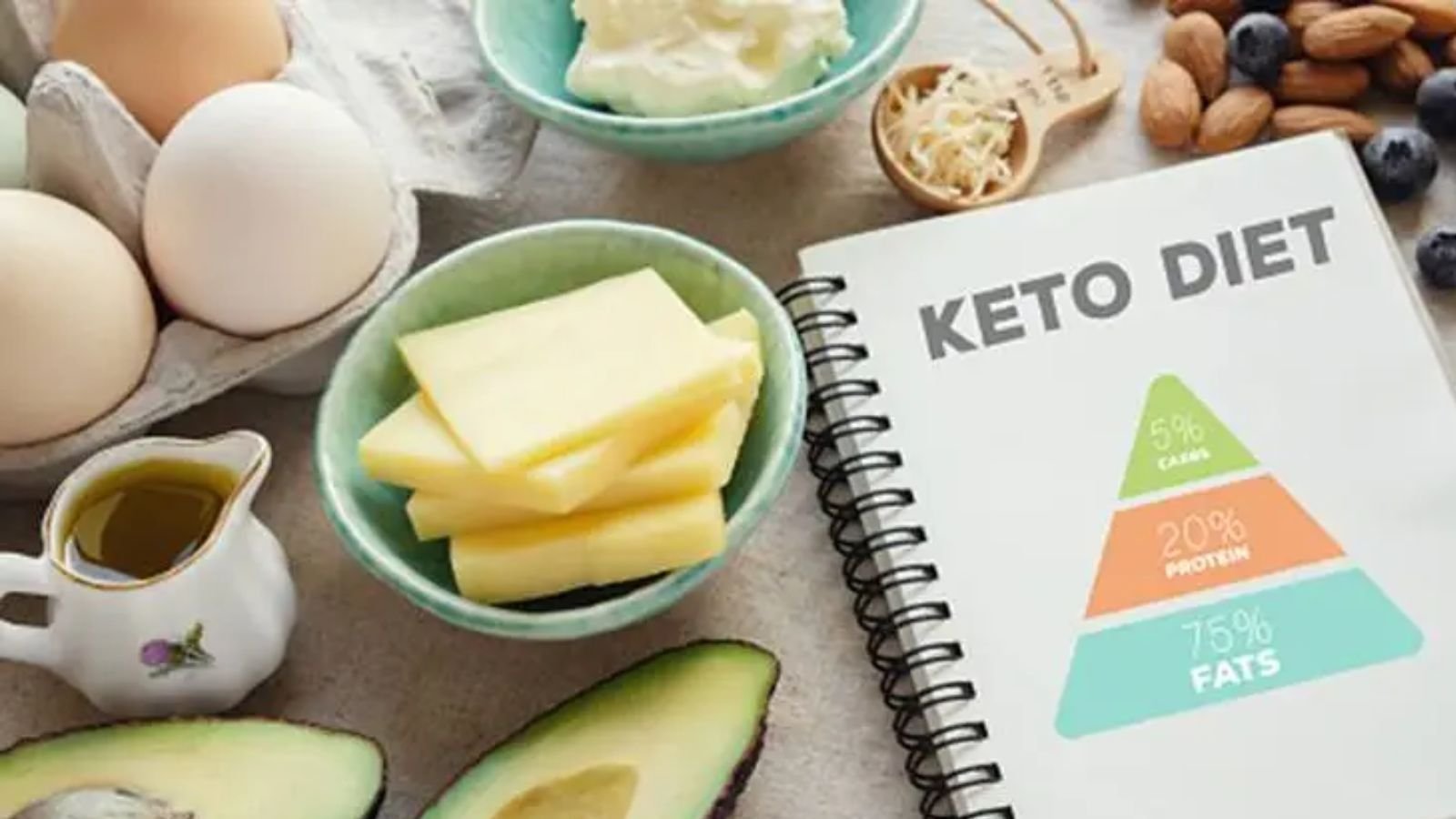As we struggle to find ways of weight loss, a keto diet, which replaces calorie-rich carbohydrates with fats as a source of the body’s energy, has emerged as the top choice. Some studies have proven its benefits in weight loss and controlling blood sugar among the overweight. Yet other studies urge caution with a recent one saying that the diet might elevate bad cholesterol (low density lipoprotein or LDL) and destroy gut bacteria over time.
A new randomised control trial on a small group of volunteers over 12 weeks has shown that the high fat diet, often at the expense of high-fibre, plant-based foods, raised LDL in four weeks. It also elevated levels of apolipoprotein B, a protein which speeds up buildup of plaque in arteries and increases the risk of heart disease.
“The keto diet actually recommends drawing a significant portion of calories from good fats, but not all fats are created equal and patients do not conform to using only good fats. A mixed fat diet leads to a sudden surge in LDL and triglycerides that may take long to level out. People with normal cholesterol levels may swing back but for those with existing high levels of LDL and triglycerides, we do not advise this diet or modify it,” says Ritika Samaddar, regional head, Department of Clinical Nutrition and Dietetics, Max Healthcare. Excerpts:
What is a keto diet?
In its strictest form, the keto diet consists of 70-75 per cent fats, 20 per cent protein and five to 10 per cent carbohydrates. Normally, the body uses carbohydrates to fuel up for activities. So depriving the body of that source not only reduces blood sugar but forces the body to go after fats, which is known as “ketosis.” The body breaks down its fat mass to generate energy. As a result, there is fat loss.
What is the downside of a keto diet?
The keto diet is about getting 70 to 75 per cent of the body’s energy requirements from good fats which have a very narrow bouquet of compliance — olive oil, cold pressed seed oils, avocado, nut butters and so on. Indians tend to use saturated and refined oils. Besides, even if we switch over to healthier polyunsaturated oils, which can lower cholesterol, we forget that no matter what the type, each gram of oil yields nine calories. So over-indulgence can have a downside.

The other downside is the total lack of fibre in a keto diet, which does not even meet 50 per cent of your recommended daily requirement. You need 25 to 30 gm a day but a keto diet may not yield more than 15-18 gm. Fibres pull out cholesterol from the blood and also form the diet of good bacteria. The latest research shows how a keto diet reduced levels of Bifidobacteria, a probiotic known for improving digestion and immunity functions.
Given the keto diet’s benefits in lowering blood sugar and body fat, can it be adapted?
Yes, because we have to look at the patient’s cholesterol profile before recommending something that might escalate it. Besides, Indians are mostly vegetarians and too many of their vegetables and lentils contain carbs. Therefore, I have a modified keto diet that’s low calorie with 30 per cent carbs, 50 per cent fat and 20 per cent protein. The ideal way is to do a short keto diet and maintain the gains with long-term lifestyle correction of diet and exercise.
